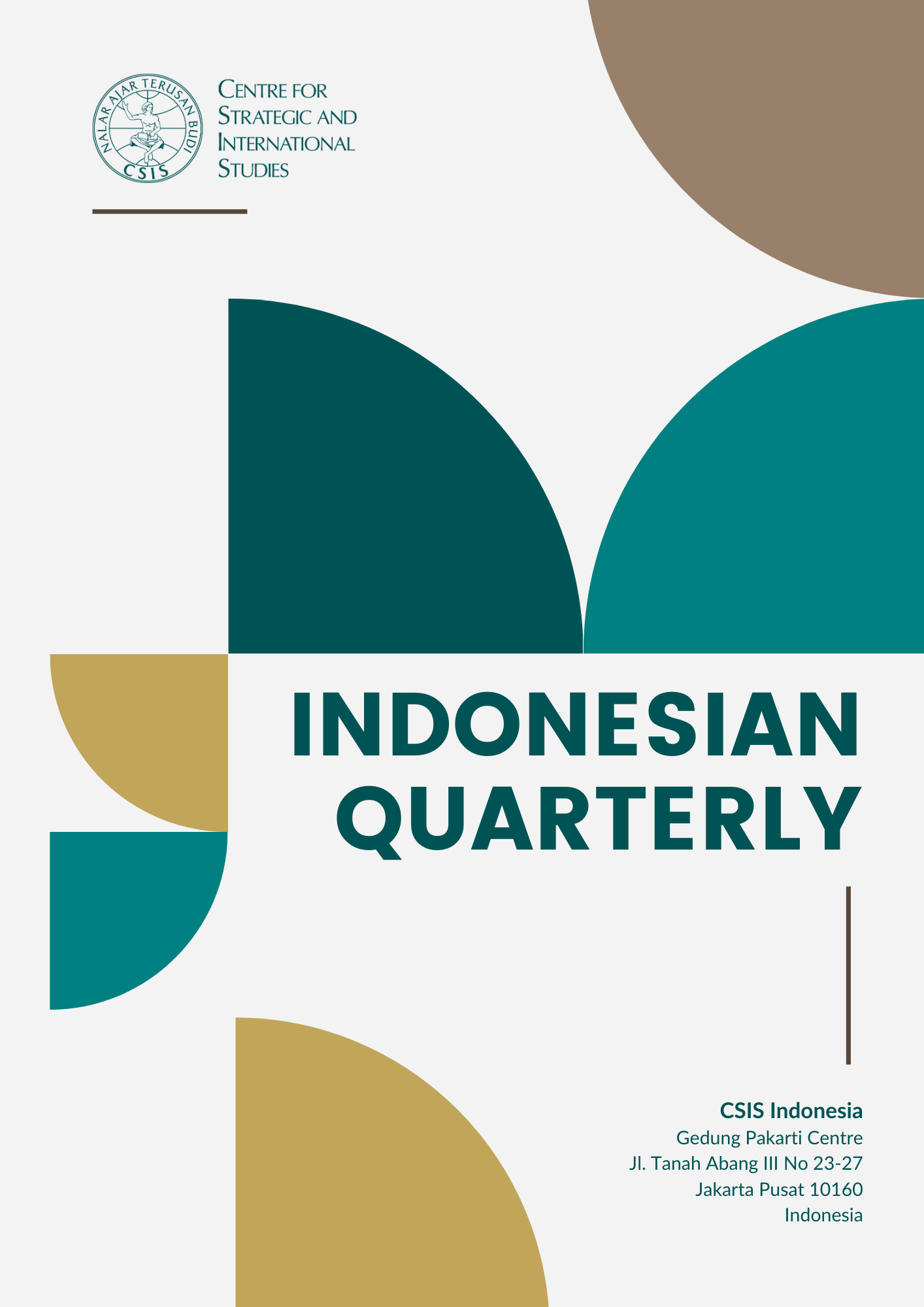Abstrak
This paper argues that socio-political context has affected the policy implementation and results of Demography and Family Planning (DFP) programs in Indonesia. Good implementation and results were achieved under the authoritarian political system (1970-2000) era when the central government could introduce and has a strong control to the policy implementation without any difficulties. On the contrary, in line with democratization system under regional autonomy era since 2000s, there have been stronger regional and local aspirations, yet the leaders and local governmental agencies generally do not prioritize on family planning development program. As a result, population and family planning programs are no longer effectively applied. Therefore fundamental and substantial changes in DFP development advocacy are necessary. Regional autonomy should be interpreted as a potential to further enhance the political commitment and budgetary for policies on demography.
